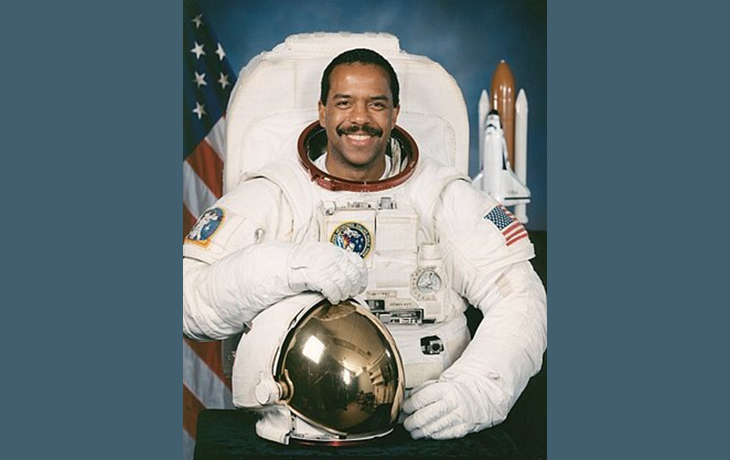
-
February 5
1866—Congressman Thaddeus Stevens, one of the great White heroes of Black history, offers his famous amendment to the Freedman’s Bureau bill to use land confiscated from former slave owners as well as some public lands to guarantee each adult former slave “40 acres and a mule.” However, even after the Civil War there was enough anti-Black and pro-South sentiment in Congress to defeat the measure 126 to 37. If the Stevens measure had passed, it may have changed the entire course of Black history in America because the former slaves would have had a solid economic foundation upon which to build their new lives and the poverty which plagued African Americans for the next 100 years could have been prevented.

1934—Henry “Hammerin’ Hank” Aaron was born on this day in Mobile, Ala. The baseball great and eventual home run king (until Barry Bonds) began his career with the old Negro Baseball League playing for the Indianapolis Clowns before joining the Atlanta Braves in 1954.
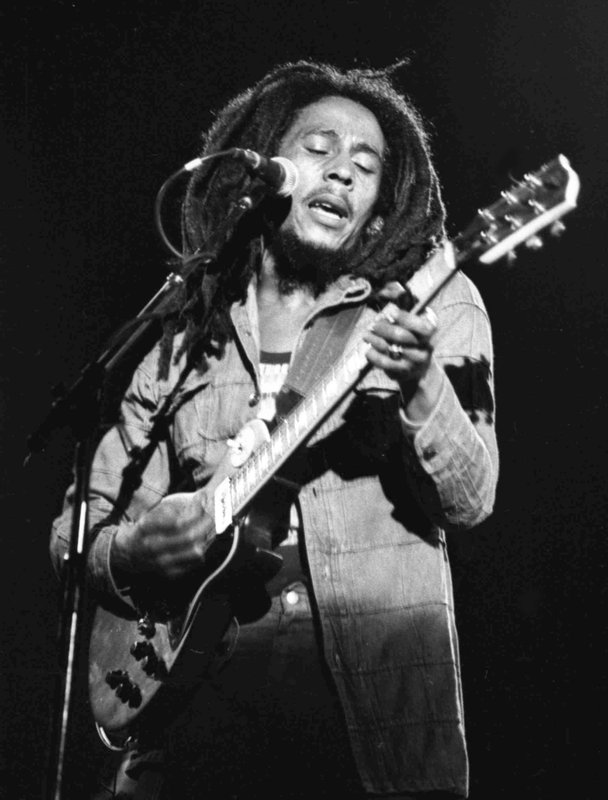
1945—Jamaican Reggae legend Bob Marley, is born on this day as Robert Nesta Marley in Nine Miles, Saint Ann, Jamaica. He used his music not only to entertain but to tirelessly spread Reggae and the Rastafarian religion from Africa to Europe and the U.S. Much of his music deals with the struggles of the impoverished and the oppressed. Marley died from complications due to cancer in Miami in May 1981.
-
February 6
1820—The first organized emigration of Blacks from the U.S. back to Africa occurs. Eighty-six free Blacks leave New York Harbor on a ship named the “Mayflower of Liberia.” The group lands on the West African coast on March 9 and joins with ex-slaves freed by Britain to help form what would eventually become the West African nation of Sierra Leone.

1993—Tennis star Arthur Ashe dies on this day after contracting AIDS from a 1988 blood transfusion. Ashe was the first African American to win at Wimbledon defeating Jimmy Connors in the finals in 1975. Born and raised in Richmond, Va., Ashe was also known for his activism in various social causes. Once asked what type of attitude was required of a champion, Ashe responded, “The ideal attitude is to be physically loose and mentally tight.”
-
February 7

1871—Alcorn A&M College (later “University”) opens in Mississippi. The great Black legislator Hiram Revels resigns his seat in Congress to become the first president of the institution, which would grow to become one of the leading Black colleges in the nation. At first it was only open to men but began admitting women in 1895.

NOBLE SISSLE and EUBIE BLAKE
1883—Eubie Blake is born James Hubert Blake in Baltimore, Md. Along with Noble Sissle, he popularizes Ragtime music. The genre had its birth in Black bars and whore houses in Southern and Midwestern cities. But Sissle and Blake took it mainstream with hits ranging from the “Charleston Rag” to “I’m Just Wild about Harry” to “Shuffle Along.” Blake died when he was 100 years old on Feb. 12, 1983.

1967—Comedian-actor Chris Rock is born on this day in Andrews, S.C. He is the oldest of seven children.
-
February 8
1894—Congress repeals the Enforcement Act and thus made it easier for states, especially in the South, to take away Black voting rights. Originally passed in 1870, the Act had established criminal penalties for interfering with a person’s right to vote. After its repeal, Southern states passed a host of measures including poll taxes, literacy tests and so-called vouchers of “good character”—all designed to block or limit the number of Blacks who could vote.

1925—Marcus Mosiah Garvey, the “Black Moses,” enters federal prison in Atlanta, Ga., after being convicted of what many Blacks felt were trumped up mail fraud charges. Garvey, a master of grandeur and showmanship, had built the largest Black mass movement in African American history by emphasizing racial pride, economic empowerment and the building of a Black empire in Africa. Born in Jamaica and having traveled throughout South America, Garvey had become distressed with the plights of Blacks throughout the world and organized the Universal Negro Improvement Association—UNIA—in 1914. He brought the UNIA to America in 1915 and its growth exploded. At its height, the UNIA had several hundred thousand members and owned businesses ranging from bakeries to shipping lines. Garvey’s rapid growth and increasing power on masses of Blacks are what attracted negative attention from the federal government. After his imprisonment, the organization never recovered. He died in London, England in 1940.
1968—In what became known as “The Orangeburg Massacre” police opened fire on protesting Black students on the campus of South Carolina State University. The officers responded to rock-throwing with a volley of shots, which left three students dead and 27 wounded. The students were protesting a segregated bowling alley near the school’s campus in Orangeburg, S.C. The students killed were Samuel Hammond, Delano Middleton and Henry Smith.

1978—Leon Spinks defeats Muhammad Ali and captures the heavyweight boxing championship. Ali regains the title in September of the same year becoming the first person to win the title three times.
-
February 9
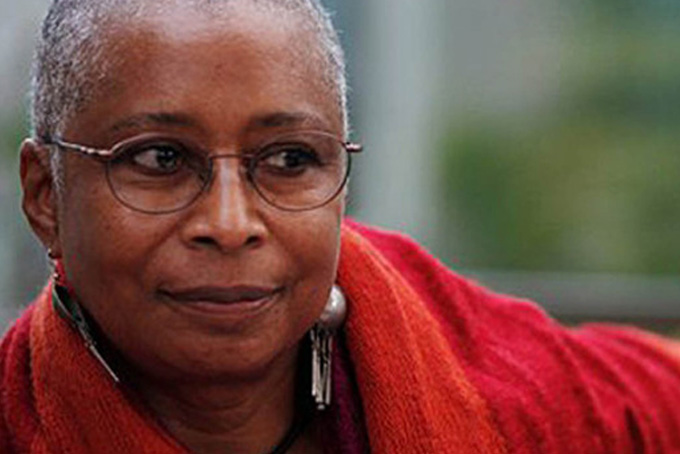
1944—Award winning novelist Alice Walker is born in Eatonton, Ga. She is known for “telling the Black woman’s story.” Perhaps her most famous novel was “The Color Purple.”

1995—Dr. Bernard Harris becomes the first African American to walk in space as part of a joint Russian and American mission. However, Harris was far from being the first Black person in space. That honor goes to a Black Cuban pilot named Arnaldo Tamayo Méndez who preceded him as the first Black person to travel to space, flying on a Soviet mission.
-
February 10

1854—Educator Joseph Charles Price is born on this day in Elizabeth City, N.C. Largely unknown today, Price was a world-renowned scholar who founded North Carolina’s Livingstone University. He was also a powerful preacher and orator who raised funds to advance African American education throughout the nation. His basic educational theory was “educate the whole person”—hands, head and heart.

1927—Opera singer Leontyne Price is born Mary Violet Leontyne Price in Laurel, Miss. She first achieved international fame when she was selected to play “Bess” during the European tour of the George Gershwin Broadway production of “Porgy and Bess.” She became a sensation in Europe, signing contracts to sing in just about every European language. She made her debut at the Metropolitan Opera House in New York City in 1961.
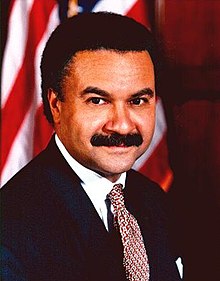
1989—Ron Brown was elected chairman of the Democratic Party, becoming the first African American to head one of the two major political parties.
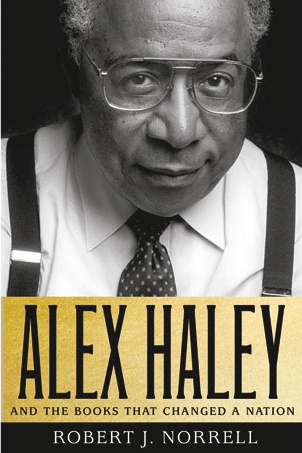
1992—Renowned author Alex Haley dies. He was also a biographer and scriptwriter. Haley is perhaps best known for the novel “Roots,” which became a major television series, and for the “Autobiography of Malcolm X.” Haley was born Aug. 11, 1921, in Ithaca, N.Y.

1992—Heavyweight boxing champion Mike Tyson was convicted in Indianapolis of the rape of beauty pageant contestant Desiree Washington.
-
February 11
1644—Eleven Blacks confront the ruling Council of New Netherlands (later New York) with a petition demanding their freedom. This was probably the first legal protest action by Blacks in American history. The petition is granted and the Blacks are freed because they had worked off the terms of their indentured servant contracts which were usually for seven years. But these Blacks had worked for up to 18 years. Shortly after this victory, however, no more Blacks were allowed such contracts but were instead treated as slaves for life.
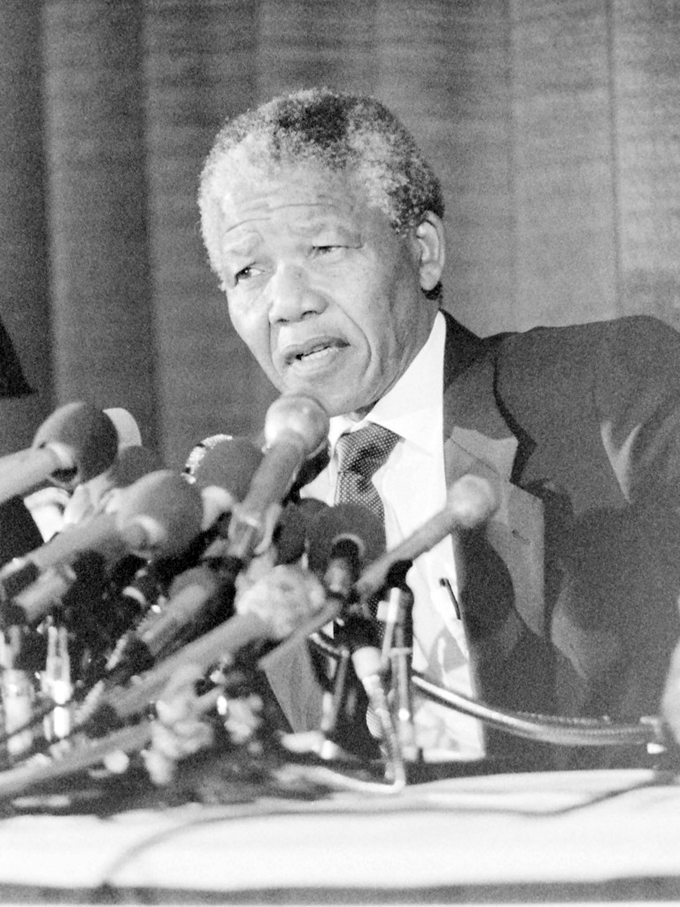
1990—Nelson Rolihlahla Mandela is released from prison on Robben Island after 27 years. He had been jailed for his militant activities against the then White-ruled South African government and its system of rule known as Apartheid. Mandela would go on to become the first Black and first democratically elected president of South Africa (1994-1999). He enabled a peaceful transition to Black majority rule. Mandela was one of the most respected and admired men in the world. In South Africa, he was known as “Madiba”—an honorary title given to elders in his tribe.
The post This Week In Black History Feb. 5-12, 2025 appeared first on New Pittsburgh Courier.

